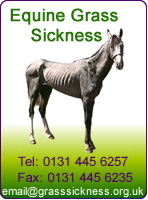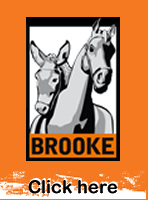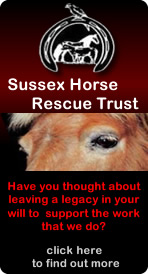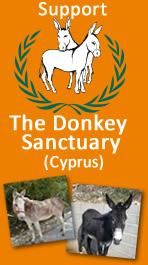
Horseytalk.net Special Interview
Glen Cousquer
PACK MULE WELFARE FOR DUKE OF EDINBURGH AWARD STUDENTS
Says The Donkey Sanctuary Since reporting on the setting up and growth of a partnership project to promote pack mule welfare across the mountain tourism industry in Morocco, many more partners have expressed their concern over pack-animal welfare and their desire for more information. Companies, large and small, have made requests for further training so that they can better understand the many issues involved and better meet their responsibilities to these hard-working animals. Out of sight and out of mind for so long, pack-mule welfare is now firmly centre stage.
Since reporting on the setting up and growth of a partnership project to promote pack mule welfare across the mountain tourism industry in Morocco, many more partners have expressed their concern over pack-animal welfare and their desire for more information. Companies, large and small, have made requests for further training so that they can better understand the many issues involved and better meet their responsibilities to these hard-working animals. Out of sight and out of mind for so long, pack-mule welfare is now firmly centre stage.
This surge in interest and demand for more information and training has already started bearing fruit. As we prepare to deliver training for members of the Expedition Providers Association and the British Association of International Mountain Leaders, I would like to share with you a short report on a workshop held recently for a group of Duke of Edinburgh (DofE) Award students visiting the Toubkal National Park in Morocco.
COMMUNITY PROJECTS IN THE TOUBKAL NATIONAL PARK
October half-term is a busy time for expedition companies operating in Morocco and many of the Moroccan guides I work with in the Toubkal National Park find work with these groups. The age of the participants, however, also means that these groups will be accompanied by suitably qualified British leaders. The potential for sharing is thus immense. Our partners, Far Frontiers Expeditions, are one of these expedition companies and are one of the best-known providers of overseas expeditions for those wishing to complete their Duke of Edinburgh Gold Award abroad.
A few weeks ago, I was asked to put together a weekend workshop for two different school groups, their teachers, leaders, local guides, muleteers and mules. This was an eye-opening experience for all concerned. In many respects it was a journey into the unknown as we all learnt to look at and see the mule differently. The workshop was undertaken as part of the community project phase of the group's expedition and included an educational walk, a dentistry demonstration, the distribution of humane tethers and an evening slideshow and talk.
UNDERSTANDING THE WORK AND LIFE OF A MULE
The educational walk encouraged the group to consider why the mule is used in the valley, the terrain they operate on, what they have to carry, from where to where and when. The loads can consists of anything from local produce – the apple harvest was in full swing – to firewood, the bags of visiting tourists and construction materials. Overloading is common place and there are few initiatives to help limit this. The cement bags used in local construction, for example, are all double the European legal limit of 25 kg. A donkey could therefore be expected to carry 100 kg, a mule 200 kg. This is little different from the historical practices of local mining companies who expected mules to carry 200 kg of ore down to the village. While mining has now disappeared as a local industry, construction has not and is today supported by international corporates who have yet to recognise their social responsibilities to the many poor, remote, all-too-easily forgotten communities across the developing world.
When one of these cement companies was asked to comment, it said: "Most of the countries worldwide use 50 kg bags, whilst some European countries use 25 kg bags. Bags are usually transported by rail, trucks or similar means, and put on pallets that can be loaded and unloaded by forklift trucks. In the case of pack animals, implementing 25 kg bags would not necessarily be a solution as users would probably load several 25 kg bags on them anyway, in order to reduce the number of trips."
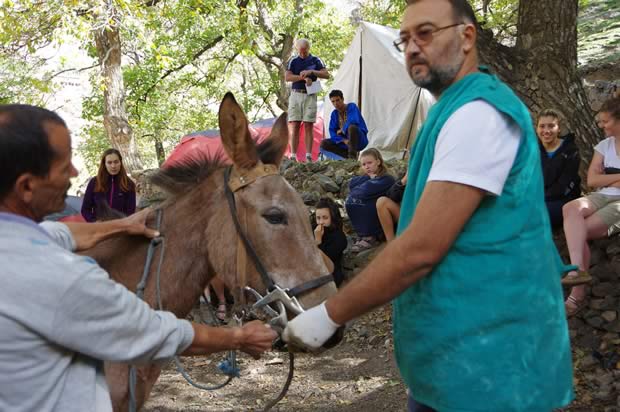
Betty is sedated and her mouth opened to allow a full examination and treatment
It is therefore not just the mules but the communities in which they live that are both out of sight and out of mind. This realisation engaged the students with the fact that the reality of life for remote mountain communities is little understood by the international community. It also drove home the need to be proactive in combating abuses such as overloading and to seek alternatives wherever possible. Weighing one's bags and setting maximum weights for the mule is crucial. Refusing to accept claims that a mule can carry 100 to 200 kg is equally important. No one will, after all, be there to pick up the pieces when that mule can no longer work!
The dentistry demonstration allowed the group to meet Betty, an ancient mule who was still having to carry loads around the village to support her owner and his wife. Betty's mouth was examined under sedation both to establish the extent of her problems and educate the group about them. Neither the owner, nor the students, teachers, guides and muleteers were prepared for what they saw in Betty's mouth. The mule's mouth was in a terrible state and, as it was examined, one of her teeth actually fell out!
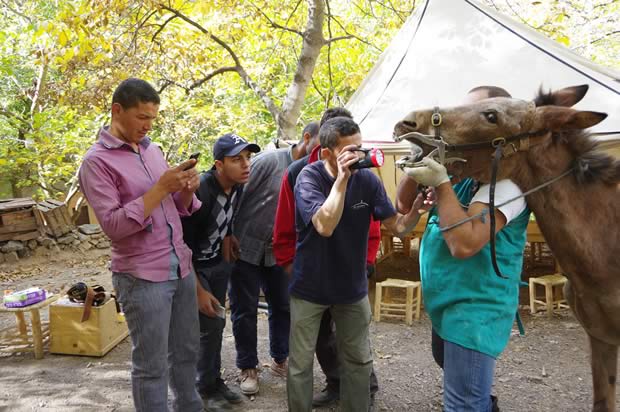
Betty retires to enjoy the company of other donkeys and mules at Jarjeer
This was the first time this mule had received a thorough dental assessment, let alone any treatment, for there is no dental programme for mules. In addition, the use of bits and bridles in these animals severely limits their ability to chew efficiently and maintain their teeth. A mule's teeth erupt continuously and would usually be worn down by continuous chewing. With a bit in their mouths for most of the day and little opportunity to graze, food is not chewed efficiently. This has implications not only for the teeth but also for the efficient digestion of food stuffs.

The Students and Muleteers are shown the state of Betty's mouth
One of the school teachers with the group commented that her own horse in the UK sees the dentist every six months. Furthermore, when not being ridden, most horses in the UK would be led with head collars. It is this realisation that has the potential to transform the welfare of the local mule population. By promoting the use of head collars, by making them more available, by insisting that they are the preferred means of working a pack mule and by providing appropriate training to develop owners' understanding of how to communicate more efficiently with their mules, the incidence of mouth injuries and dental problems will be reduced.
In the case of Betty, it was clear to all that she was barely able to work and was very much at the end of her working life. Hers would have been a long drawn-out decline. Fortunately, her plight was not overlooked and Far Frontiers made arrangements to have her retired to Jarjeer Mules, a sanctuary south of Marrakech.
This is a happy ending – but only in as much as Betty does not have another day's work ahead of her! She won't be sold on again to even poorer owners. She will be rested. She will receive care and attention and all the food she can possibly eat. But for her, and many others like her, alternatives should have been explored a lot earlier. Raising awareness of these issues is part of motivating people to care, to say "No, this is not fair". Once this happens we can start seeking – and then finding – alternatives.
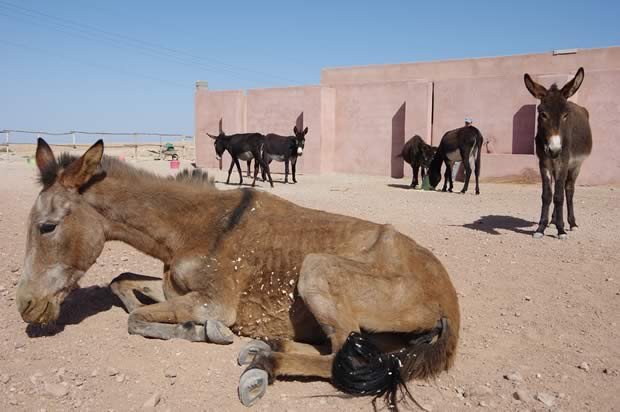
In the days that followed their visit, the students helped to distribute the humane tethers produced by the local women's association. This group thus contributed in a very real way: by showing they cared, by bringing out old climbing ropes, by distributing the tethers and by sharing their knowledge of leather care: In doing so they helped promote this simple alternative to the traditional tethering practices, one that can and will make a significant difference to the animals concerned.
For these Duke of Edinburgh Award students, learning about these communities and exploring these deeply troubling problems was a profoundly life-changing experience. These communities will continue to be exposed to a steady flow of such students over the years ahead and this will, hopefully, prove similarly life-changing for the welfare of mules and of the families they support.




